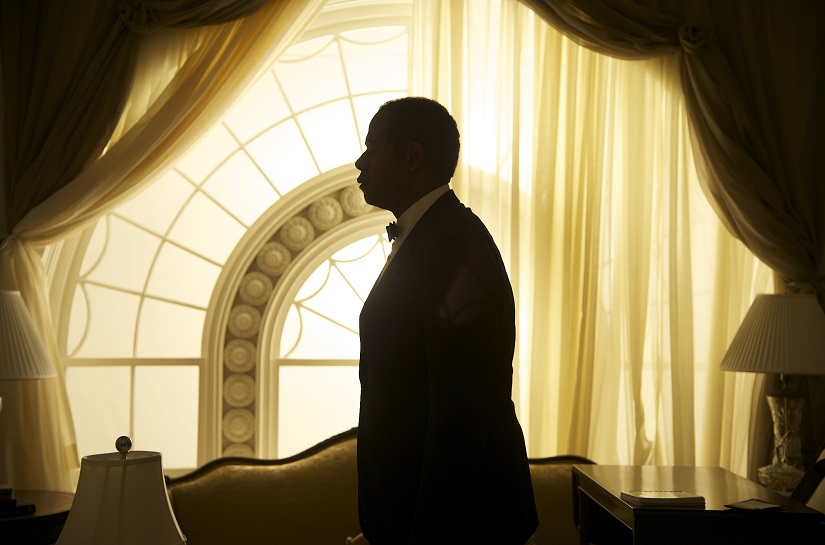 It’s obviously rather easy to be cynical about the filmmaking industry. Your common cinema fare does little to benefit anyone, beyond providing an opportunity to buy some expensive snacks and spend a couple of hours in air conditioning. Thankfully, another function of Hollywood is to bring to life certain historically important events, which otherwise would be nothing more than a headline on an old newspaper. Of course that doesn’t always mean that these films are well made, but they can at least bring a little awareness to something that might otherwise be overlooked in our social consciousness. The Butler (officially titled Lee Daniels’ The Butler, for a very silly legal reason) may be a flawed film, but it provides a vivid slideshow of our nation’s recent history through the eyes of a silent insider.
It’s obviously rather easy to be cynical about the filmmaking industry. Your common cinema fare does little to benefit anyone, beyond providing an opportunity to buy some expensive snacks and spend a couple of hours in air conditioning. Thankfully, another function of Hollywood is to bring to life certain historically important events, which otherwise would be nothing more than a headline on an old newspaper. Of course that doesn’t always mean that these films are well made, but they can at least bring a little awareness to something that might otherwise be overlooked in our social consciousness. The Butler (officially titled Lee Daniels’ The Butler, for a very silly legal reason) may be a flawed film, but it provides a vivid slideshow of our nation’s recent history through the eyes of a silent insider.
It is embarrassing to admit, but for someone my age, the civil rights movement can sometimes seem like something of the distant past. Growing up in Greensboro, home of one of the first sit-in demonstrations and now the International Civil Rights Museum, it’s hard to believe that it was during my parents’ lifetimes that it was illegal for white people and black people to sit together for a meal. The triumph of The Butler is in reminding us that it was not so long ago that real men, women, and children were forced to deal with segregation, and countless other forms of racial discrimination, in order to live what we consider to be a basic standard of living. Forest Whitaker, as the titular butler, shows that the civil rights movement did not just involve those at the forefront of action, but everyday fathers, mothers, friends, and coworkers. Working in the White House of course afforded him access to the highest level of discussion, but when he went home, there was still a family to provide for, and the struggles of being a spouse and a parent. This everyman viewpoint, contrasted with the inside workings of the highest level of government, as well as the brave and occasionally radical civil rights leaders, gives an incredibly powerful vision of just what it takes to bring about meaningful change.
While The Butler excels in bringing these historical moments to life, they can unfortunately occasionally feel more like a slideshow than a fully cohesive film. Director Lee Daniels, best know for 2009’s Precious, seems to focus more on gravity than pacing, giving us waves of excellence, separated by periods of awkward exposition and character development. However, these flaws are simply bumps in the road, not dead ends. The Butler may not be a lesson in filmmaking, but much more importantly is a lesson in the human struggle and our history.
The Butler covers a breadth of important events and situations, never pausing too long on any one topic. There were various points in the film where I’d wished that they had made an entire movie focusing on one subject or another. However, at the end of the day, this film isn’t about these historical events themselves, but rather the impact they have on a man’s life as a whole. The Butler shows that one’s character is not defined by a single experience, but from a lifetime of struggles and victories.
My Rating: 3 Stars






Comments on Chapelboro are moderated according to our Community Guidelines